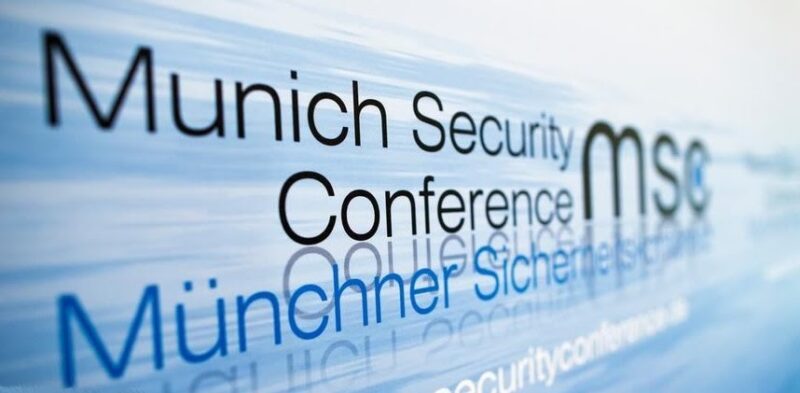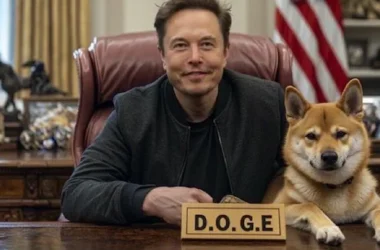Next week, the Munich Security Conference 2025 will bring together more than 60 world leaders. The new White House administration will be represented, with Donald Trump’s special envoy, Keith Kellogg, already announcing key discussions on ending the war in Ukraine on the sidelines of the conference. As expected, the Ukrainian delegation will be led by Volodymyr Zelensky.
Ukraine’s Diplomatic Shift and Engagement
On February 4, Zelensky’s interview with British journalist Piers Morgan sparked widespread attention. In it, the Ukrainian president expressed willingness to negotiate with Russian leader Vladimir Putin if it were the only path to peace. Many, including Morgan himself, noted that this marked a departure from Kyiv’s official stance, which Zelensky has consistently upheld throughout the past three years of war. Ukrainian political analysts suggested that this statement was not meant for a domestic audience, but rather targeted Western leaders.
Zelensky’s recent remarks on potential peace talks serve two primary objectives:
- Demonstrating Ukraine’s openness to negotiations
- Signaling flexibility in its approach
Notably, in his conversation with Morgan, Zelensky indirectly responded to initiatives previously outlined by Trump. This can be seen as a public signal of communication between Ukraine and the new U.S. administration. Behind closed doors, diplomatic efforts are also in motion. Preparations are underway for Zelensky’s visit to the U.S., as well as for Trump’s special envoy, General Keith Kellogg, to visit Kyiv. Additionally, Ukraine is working on securing the participation of its Foreign Minister in a joint meeting between U.S. Secretary of State Mark Rubio and several European foreign ministers. This represents a significant diplomatic effort, possibly Ukraine’s most substantial engagement compared to its dealings with other allies.
Ukraine’s Strategy at the Munich Conference
Trump has recently emphasized that Zelensky is ready for negotiations, reiterating this point in his speech at the Davos Forum. Meanwhile, the appointment of Keith Kellogg as the special envoy for Ukraine-Russia talks signals that Washington sees the need to engage with both nations separately and together.
At the same time, Putin is eagerly anticipating a direct meeting with Trump. As previously noted, Moscow prefers bilateral talks with Washington, sidelining Kyiv altogether. Ukraine, fully aware of this, is working hard to prevent it. This is one of its main objectives at the Munich Security Conference—to ensure that Ukraine remains fully involved in all diplomatic negotiations regarding the war and its resolution.
However, Trump appears to be deliberately ignoring Ukraine’s concerns at this stage. He has yet to schedule a call with Putin, suggesting that his priority lies elsewhere. In January, Trump’s focus remained largely on domestic policies, including his efforts to curb illegal immigration.
What to Expect from the Munich Conference
One thing is clear: negotiations are gaining momentum, and the Munich Security Conference is poised to be a decisive moment in shaping their direction. The global spotlight will be on the new U.S. administration’s stance, followed by reactions from European leaders. Given Trump’s tendency for unpredictable remarks and controversial proposals, many analysts anticipate that Munich will be both high-stakes and highly consequential—not only for global diplomacy but for Ukraine’s future as well.




